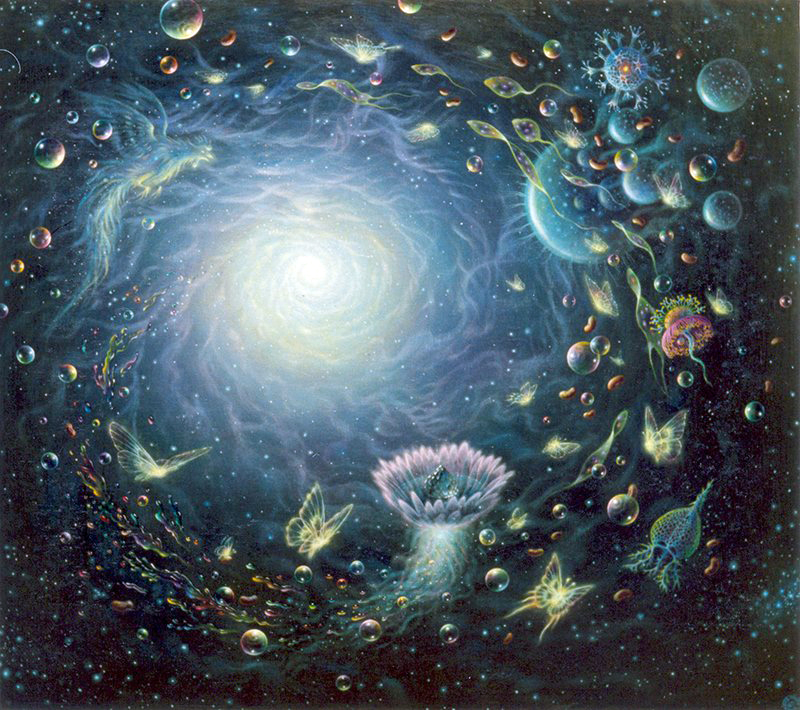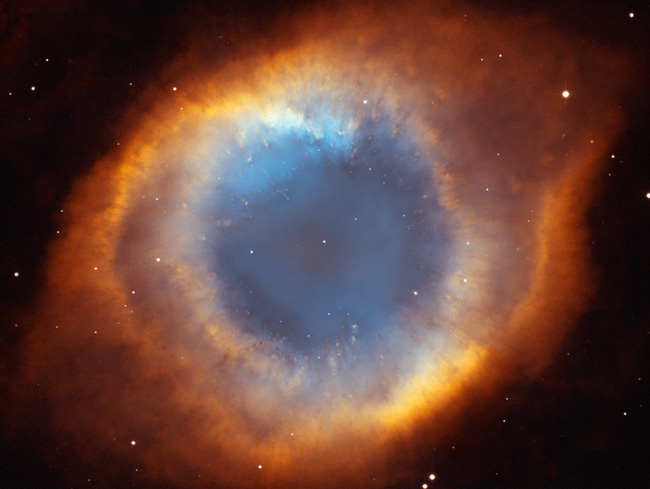To conveive of God is futile - to try and fit all the seas of the world into a pint jar is less absurd.
The first chapter of the Tao Te Ching says this:
The Tao that can be told is not the eternal Tao.
The name that can be named is not the eternal name.
The nameless is the beginning of heaven and earth.
The named is the mother of ten thousand things.
Ever desireless, one can see the mystery.
Ever desiring, one can see the manifestations.
These two spring from the same source but differ in name;
this appears as darkness.
Darkness within darkness.
The gate to all mystery.
Intuition is a divine faculty because with it I can 'see' God even though I can't conceive of ..... what ..... Her, Him, the sand runs out of the pronouns and language fails.
I don't believe in God - I am aware. It is a relationship. God is the only thing other than myself that I am sure exists - all the rest is faith. It's not a useful word 'God' - there is me and there is You and there is the most incredible love imaginable between us

, but I'm not always true to it because it isn't an equal relationship and I'm not all that good at it

It's only through this that I know that I'm not utterly alone, and so I can have genuine faith that there is an external reality.
There are no words to truly express this relationship - I can read the way others have described it and they shine in my intuition as the same experience so I know this isn't just something that I have imagined, though the sheer intensity of the experience takes me there anyway quite honestly. But these same words mean little to those that haven't already been there, or are at least drawn in that direction. What can I say - that the way to God is not through words and analysis but to seek an encounter with a person. All I can do is point and suggest trying to walk that way, but in the end it has to be walked by each of us, alone - I don't know why.
I feel quite close to Spinoza's vision, also.



